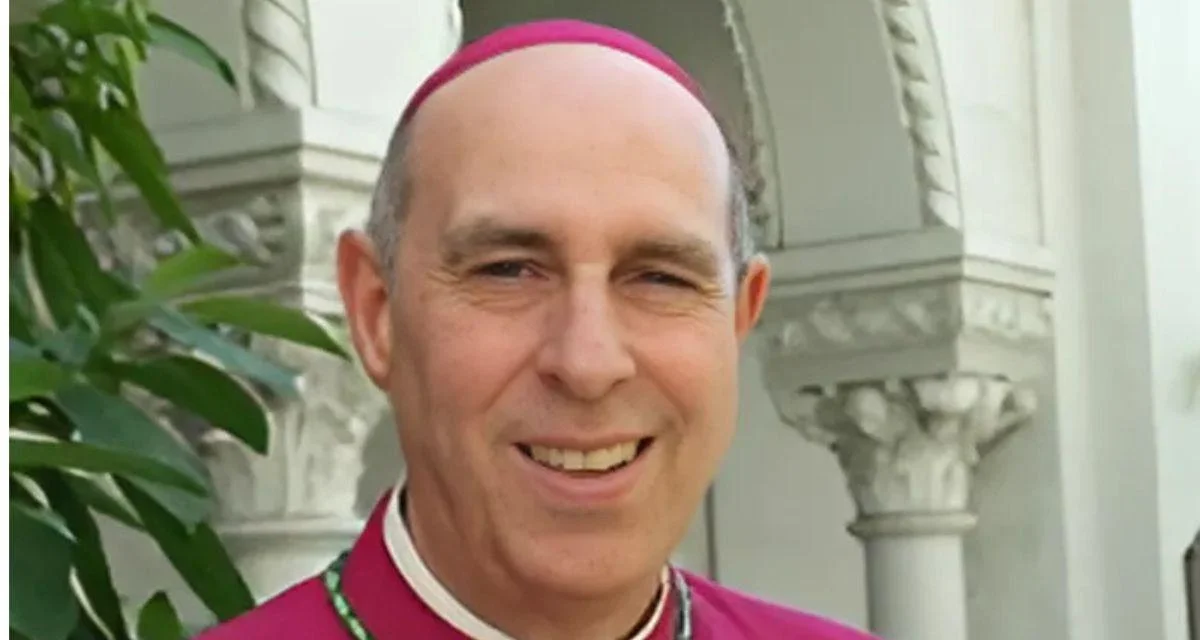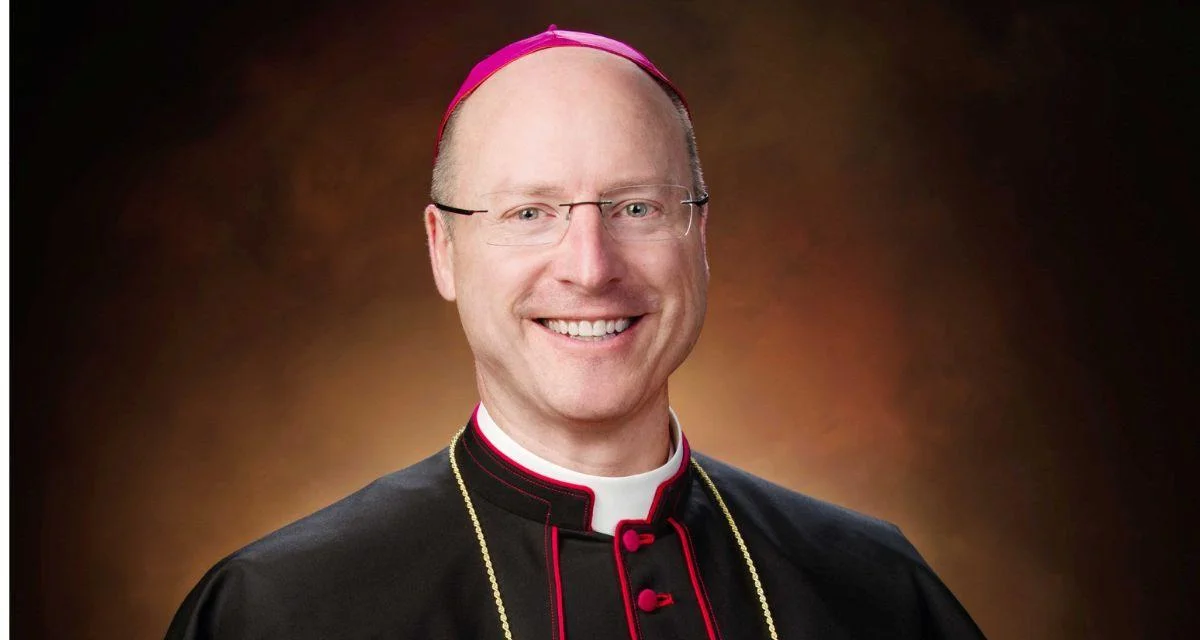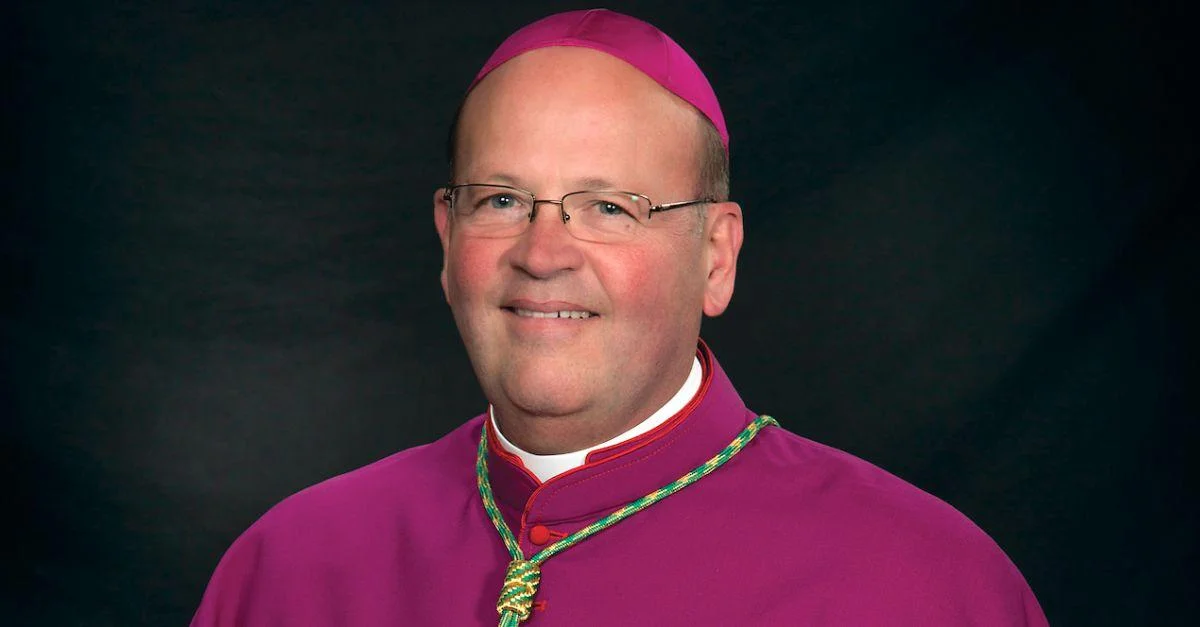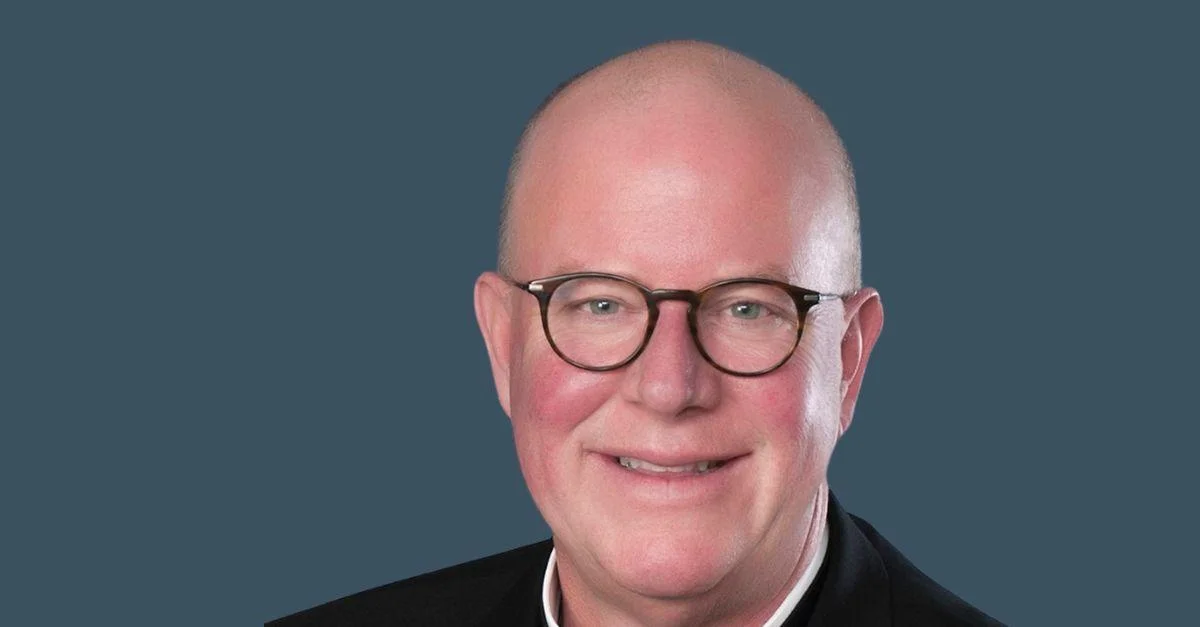
St. Mary's Cathedral is part of the Diocese of Lansing. | https://www.facebook.com/photo/?fbid=10158064436582913&set=a.467348762091108
The Diocese of Lansing has submitted a formal objection to a Michigan Supreme Court proposal that requires judges to use preferred personal pronouns for attorneys and litigants, even if it contradicts their biological sex.
“While we should certainly sympathize with anyone who is confused about his or her identity or feels uncomfortable regarding his or her biological sex, our courts must be rooted in truth as our judicial system exists to dispense justice which, at the heart of justice, is the pursuit of truth,” the diocese’s General Counsel Will Bloomfield said in the paperwork.
The Diocese of Lansing listed nine reasons for rejecting the proposal, including its inconsistency with the principles of the U.S. Constitution and existing Michigan laws. It also asserted that the policy would violate the First Amendment of the U.S. Constitution, the diocese said in a release.
The Michigan Supreme Court proposed an amendment to Rule 1.109 that would allow parties and attorneys to include their preferred pronouns in court documents, and would require courts to use them when referring to them. The Diocese of Lansing said it has submitted an eight-page response objecting to the proposed amendment.
The Diocese of Lansing also expressed concerns about the administrative complexity caused by the increasing number of personal pronouns being created to cover a range of gender identities beyond "his" and “her.” Some of the new preferred pronouns cited include “cir," “cos,”"quis," and “zir.”
“In brief, requiring courts, i.e., judges, to use a person’s own designated personal pronouns is an unconstitutional violation of free speech and free exercise of religion. The idea of compelling speech has long been odious to constitutional government in America,” Bloomfield wrote in the filing.
The diocese asserts that the proposed rule change is unnecessary as Michigan’s Rules of Professional Conduct already require lawyers to “treat with courtesy and respect all persons involved in the legal process.”






 Alerts Sign-up
Alerts Sign-up